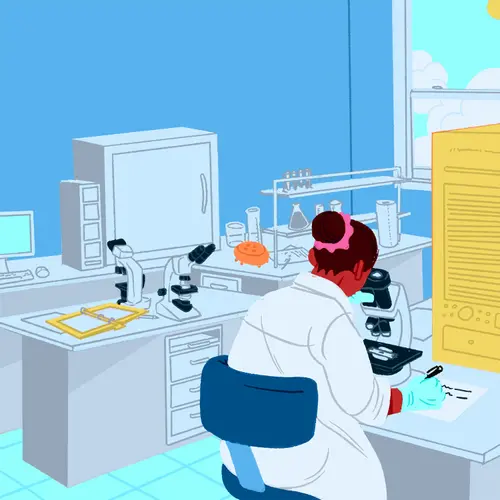After you’ve had a stroke, going to the bathroom may not be as simple as it once was. You may find that you can’t control your bladder or your bowels, or that you can’t go when you need to.
Some problems last only a short time while you recover, and many get better with treatment. Talk to your doctor if you’re having trouble going to the bathroom. They can recommend a few ways to give you relief.
Bladder Problems
The muscles that let you control your bladder can be weak after a stroke. Also, the nerves that sense when you need to go may have trouble sending and receiving messages from your brain. You may even have trouble moving fast enough to get to the toilet in time. All those issues can lead to two types of bladder problems:
Incontinence. This means you can’t control your bladder. You may not be able to get to the bathroom in time when you feel the need to pee. Or you may leak a little urine without realizing it or wet the bed at night.
You can’t go. You can’t pee when you feel the urge, or you can’t completely empty your bladder when you go. That can lead to other issues like urinary tract infections (UTIs) or bladder stones. If your pee smells bad, burns, or it hurts to pee, get help from your doctor. These may be signs of an infection.
Help for Bladder Problems
You can try a few ways to get your bladder under control:
Bladder retraining. This helps you work on holding it for longer periods of time. Try to pee every 2 or 3 hours. You may have to start out going more often and then gradually go longer between bathroom visits. Work on ignoring the urge to go right now. And go at your scheduled time even if you don’t think you have to.
Exercises. Kegel exercises can strengthen the muscles in your pelvic floor and help prevent incontinence.
Drink up. Get plenty of water during the day. That makes your pee less irritating to your bladder. Steer clear of caffeine, alcohol, and soda, since they can irritate the bladder as well. But limit how much you drink in the evening, so you won’t get up too much at night.
Medications. Check with your doctor that none of your medicines cause bladder problems. Ask about drugs that may help when you feel like you can’t go.
Bowel Problems
Weak muscles and nerve damage from a stroke can cause trouble with your bowels. You also may not be as active as you used to be, and you may be eating different food. That can make it harder to poop, too. Common problems are:
Constipation. You may have trouble pooping, even when you feel like you need to. Your stools also may be dry and hard to pass.
Bowel incontinence. This means you can’t control when you poop. You might leak, too. This issue is less common than bladder incontinence, though.
Help for Bowel Problems
Try these strategies:
Watch your diet. Be sure to drink enough liquid during the day. Eat high-fiber foods like vegetables, fruits, beans, and whole grains.
Stay active. When you move your body, it helps keep things moving in your colon, too.
Bowel retraining. Try to poop at the same time each day. But be careful not to strain.
Medications. Ask your doctor if any medicines you’re taking cause constipation. There might be others you can try instead.
You can try a stool softener or a laxative to ease constipation. If it doesn’t get better, ask your doctor if you should try other ways to get things moving, such as an enema -- liquid that goes in your bottom to clear out your colon -- or a type of suppository called a bulking agent.
If you have trouble with leaks, there are medicines that slow down the waste in your colon and make it firmer.
Other Ways to Help
- Talk to your caregivers about what they can do to help you get to the bathroom in time.
- Choose clothes you can take off easily when you feel the urge to go to the bathroom. For example, sweatpants are faster to pull down than jeans with a zipper.
- If you have trouble moving around, changes to your bathroom, such as a raised toilet seat and grab bars along the walls, can help.
- Wearing pads or adult diapers will help keep you and your clothes clean.

